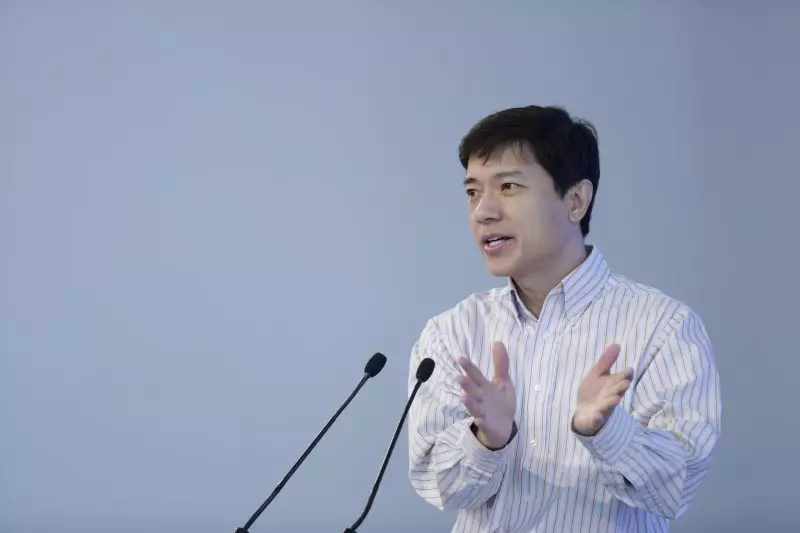Baidu, the leading technology company based in China, has recently taken a significant step in its quest to pioneer autonomous driving initiatives, securing a license to test self-driving vehicles in Hong Kong. This development marks a milestone not only for Baidu but also for the broader acceptance of autonomous technology in urban settings. The license, issued by the Hong Kong Transport Department, allows Baidu’s Apollo robotaxi service to conduct trials with a specified fleet in a controlled environment, reflecting the government’s commitment to incorporating cutting-edge technology into daily transportation systems.
The permit allows Baidu Apollo International Ltd to operate a limited number of autonomous vehicles—specifically 10—within North Lantau. This testing phase emphasizes safety and oversight; initially, only one self-driving car will be permitted on designated road sections at any time, and a backup operator will always be present. This precaution underscores the company’s dedication to ensuring the technology’s reliability and the safety of both drivers and pedestrians. The license is valid for a substantial period, from December 9, 2024, to December 8, 2029, providing ample time for thorough testing and data collection.
Hong Kong’s Progressive Stance on Autonomous Vehicles
This initiative aligns with Hong Kong’s broader strategic plans to integrate autonomous vehicles into its transportation framework. Since 2017, the local government has actively fostered an environment conducive to technological advancements, culminating in recent regulatory changes that broaden the scope of vehicle testing on public roads. The pilot license represents the first official approval under these revamped regulations, marking a significant shift towards embracing technological transformation in the region.
Baidu’s Apollo Go service already commands a robust presence in mainland China, boasting over 400 vehicles in Wuhan alone, which positions the company as a frontrunner in the autonomous driving arena. As competition heightens among various players in this field, Baidu’s ambition to extend its services beyond China—to markets such as Singapore and the Middle East—demonstrates its intent to capture a more substantial share of the global autonomous vehicle market. This strategic expansion could potentially redefine transportation dynamics in densely populated urban centers.
As Baidu embarks on this ambitious journey, the implications extend beyond just testing self-driving cars. The successful integration of autonomous vehicles could transform the way people navigate cities, enhancing convenience and efficiency. With robust governmental support and a commitment to safety, Baidu is well-positioned to lead the charge into a new era of transportation in Hong Kong and beyond. As these trials unfold, the world will be watching closely to see how this technology unfolds in real-time, potentially influencing similar initiatives globally. The future of urban mobility may be entering an unprecedented phase, driven by innovation and a bold vision for what lies ahead.

